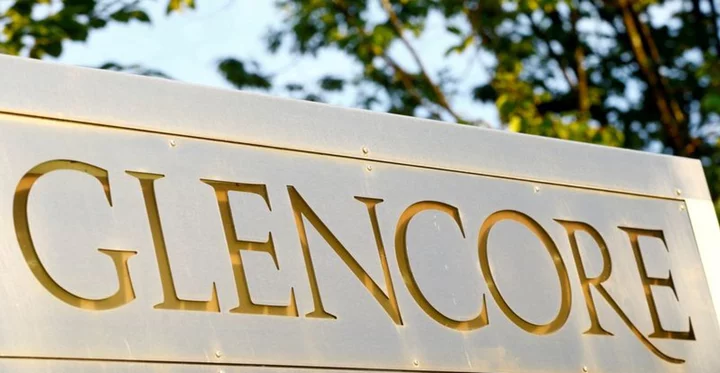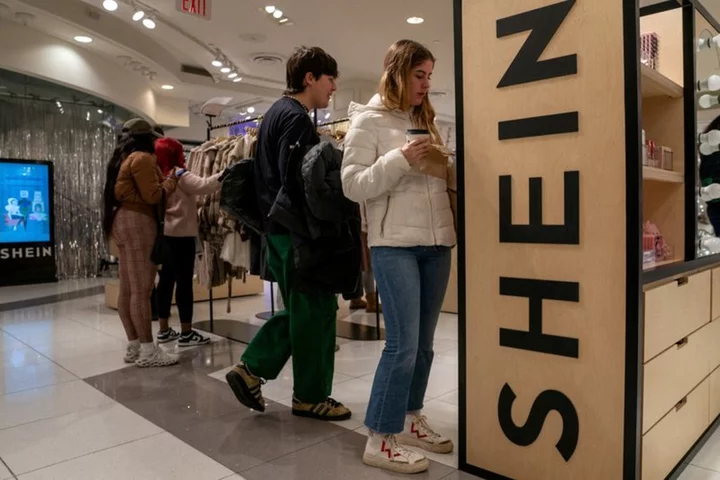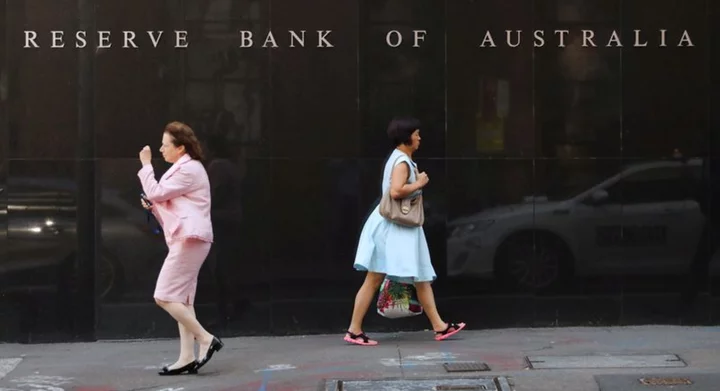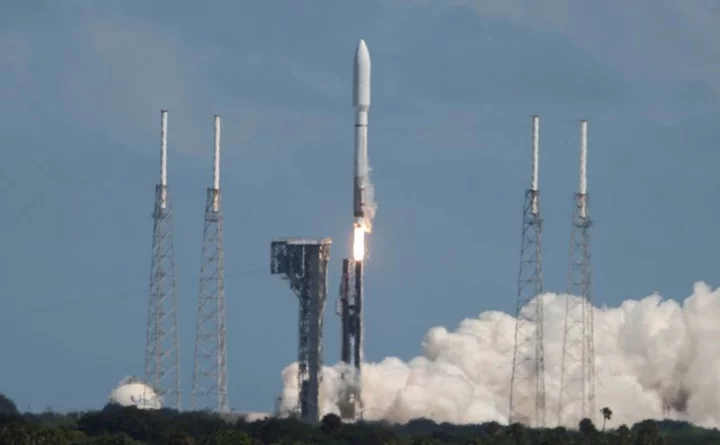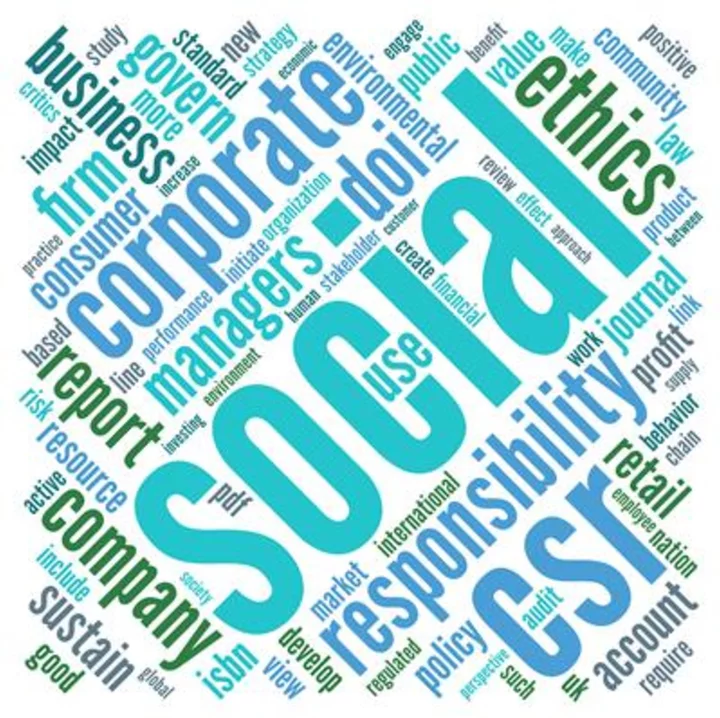By Clara Denina and Pratima Desai
LONDON (Reuters) -Glencore's deal to buy Teck Resources' steelmaking coal unit shows how cheap fossil fuels can be a lucrative option for companies - for a decade or two at least - even as they are phased out in favour of renewable energy.
Western companies may be loathe to search for new sources of coal or build new mines, but investors say coal still has a powerful role to play in the coming years since it can be used to feed the needs of the global shift to cleaner energy. Demand for coal - driven by Asia - remains strong, lifting prices.
Coking coal is emerging as a top option for companies to make a foray into, as it is used to make steel, an important component in large infrastructure and renewable projects.
The world's largest miner BHP, for example, also decided this year to hold on to its higher-quality coking coal assets, after a 2020 review of its wider coal portfolio prompted the sale of some mines.
By buying Teck's coking coal business, Glencore will create a coal powerhouse that analysts say should generate between $5 billion and $6 billion a year in free cash flow. The company is already one of the world's biggest listed producers of thermal coal, with an output of around 110 million tonnes a year, and also has its own coking coal assets.
Among the most polluting fossil fuels, thermal coal is used to produce electricity and is being phased out as part of a global transition to clean energy sources.
Glencore CEO Gary Nagle reiterated the company's commitment to phasing out its thermal coal assets over time, but said he believes demand for both thermal and coking coal will continue to be strong for years to come.
Mining investors agree.
"The world economy benefits from cheap energy. However you are going to get that energy: coal, natural gas...that cheap carbon energy helps to build economically viable renewable energy, otherwise renewable energy starts to look expensive," said Ian Woodley, portfolio manager at Old Mutual.
"With a reasonable lifespan, up to 30 years, (these companies) are saying they are not going to go through a major exploration drive or build new mines, but will be investing for safe and productive production, and then harvesting these assets for cash with everything going back to shareholders, it is going to be a big capital return story," he added.
COKING COAL PRICES SURGE
As Western banks and insurers stand by pledges to restrict lending and insurance coverage to the sector over climate change concerns, expansion of coal mines is unlikely.
Still, global demand for coal reached an all-time high of 8.3 billion tonnes in 2022, half of which came from China, the International Energy Agency (IEA) said.
Coking coal prices rose this year to above $300 a tonne due to tight supply and optimism that the global economy will avoid a deep recession.
Thermal coal prices stand at around $120 a tonne, after surging to a record high above $400 last year as countries desperately sought alternatives to Russian gas after the start of the war in Ukraine.
"Asia is not going to stop burning coal any time," said an investor at a natural resources fund, adding that the company will find a way to make money off the assets even after they are spun off.
Glencore said it would spin off the combined coking coal and thermal coal assets within two years of the deal's closing and eventually list those assets in New York, with secondary listings in Toronto and Johannesburg.
"Coking coal is unique so it won't go away... Teck has been one of our most profitable investments," said Peter Letko, co-founder of investment firm Letko Brosseau, calling Teck's steelmaking business a "prized asset".
(Reporting by Clara Denina and Pratima Desai, additional reporting by Divya Rajagopal; Editing by Veronica Brown and Deepa Babington)

